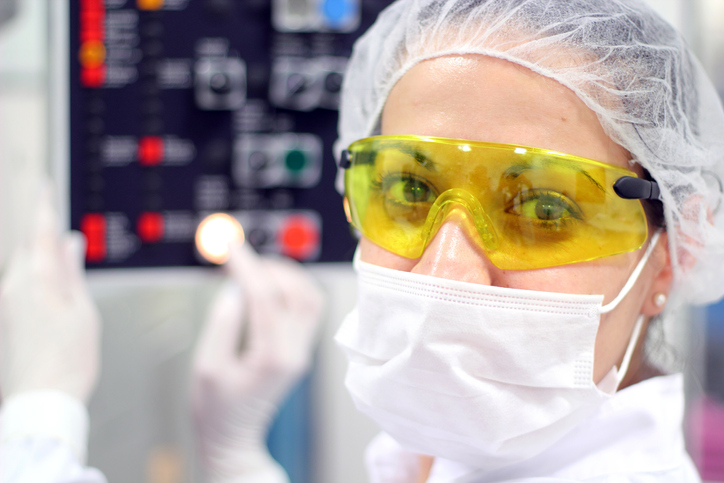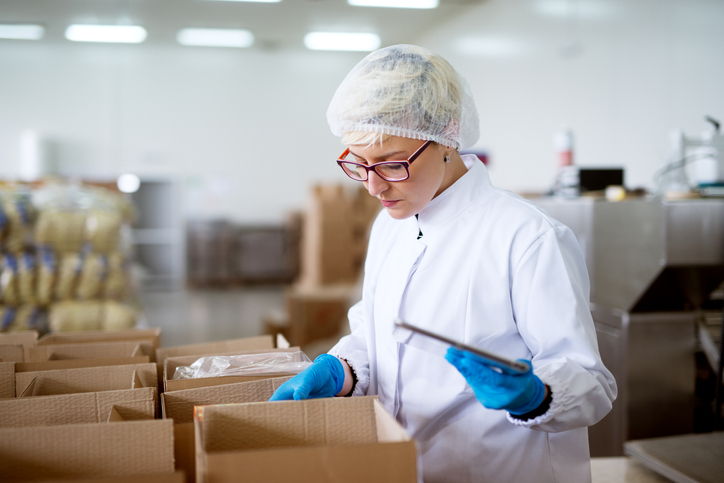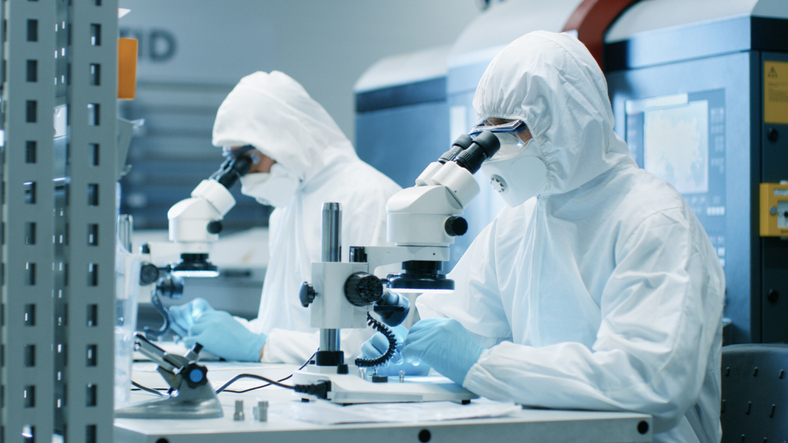
From research and development to clinical trials to manufacturing, there are many steps to get a new pharmaceutical product on the market. It typically takes about ten years or more for a product to reach the market for sale to the public. There are opportunities in this industry at every phase of a drug’s lifecycle, and many of them are in manufacturing.
If you are detail oriented with adaptable technical skills, and you’re excited to learn in a state-of-the-art facility, a pharmaceutical manufacturing program might be right for you. Professionals with the right training enter this industry with hands-on experience and confidence.
Keep reading to learn more details about pharmaceutical manufacturing careers.
1. Pharmaceutical Manufacturing Technician
A pharmaceutical manufacturing technician is also known as a pharmaceutical production technician. Additionally, some companies may refer to this role as assembler, manufacturing operator, or production operator.

These professionals have a variety of responsibilities, including the verification of purchase orders, operation and maintenance of factory equipment, monitoring product quality, collection of samples, and more.
During a pharmaceutical manufacturing program, you gain first-hand knowledge of processing and procedures that will prepare you for a career as a technician. In less than one year, students learn to operate electronic and computerized control panels, adjust manufacturing equipment, and several other relevant skills to enter the industry.
2. Process Validation Technician
This position may also be advertised by hiring companies as chemical process technician, or cleanroom operator. A cleanroom is a controlled environment within a manufacturing facility where contamination risks can be tightly controlled.
If you pursue a career in pharmaceutical manufacturing as a process validation technician, it’s possible you’ll be involved in many phases of the manufacturing process. Professionals in this position must be familiar with Good Manufacturing Practices (GMPs) and be ready to apply them to quality assurance support activities, logbook audits, and the oversight of manufacturing areas.
While the roles of each person in a manufacturing facility will be discretely defined, it is clear that pharmaceutical manufacturing professionals must be ready to work as a team to ensure quality and adherence to GMPs and SOPs in every process and procedure.

3. Compounding Technician
Similar to the process and manufacturing technicians, compounding technicians play a role in quality control, but at a different phase of production. In this position, it is necessary to know how to ensure GMPs and SOP instructions are followed in addition to adherence to the master formula of a product. The master formula refers to a document or several documents that outline the raw materials, quantities, and procedures to produce a batch of a product.
Compounding technicians play a significant role in batch production, check pre-weighed raw materials, operate equipment, and may coordinate with Research and Development (R&D) professionals if there are any adjustments that need to be made to the formula between batches.
As with the other career paths listed here, a variety of companies in the pharmaceutical and medical device industry employ qualified individuals in these roles.
Do you want to know more about pharmaceutical manufacturing careers?
Contact Oxford College today!






